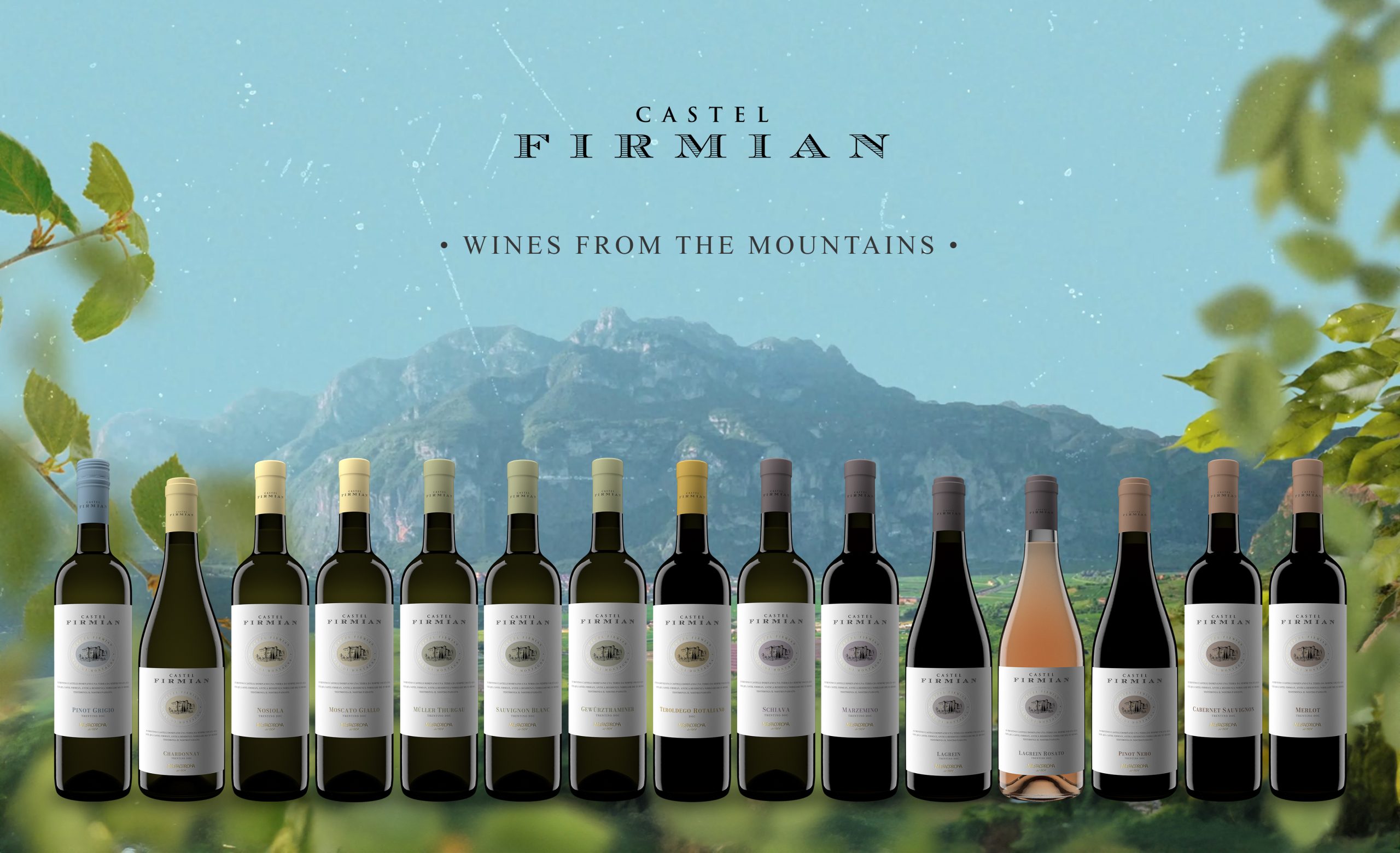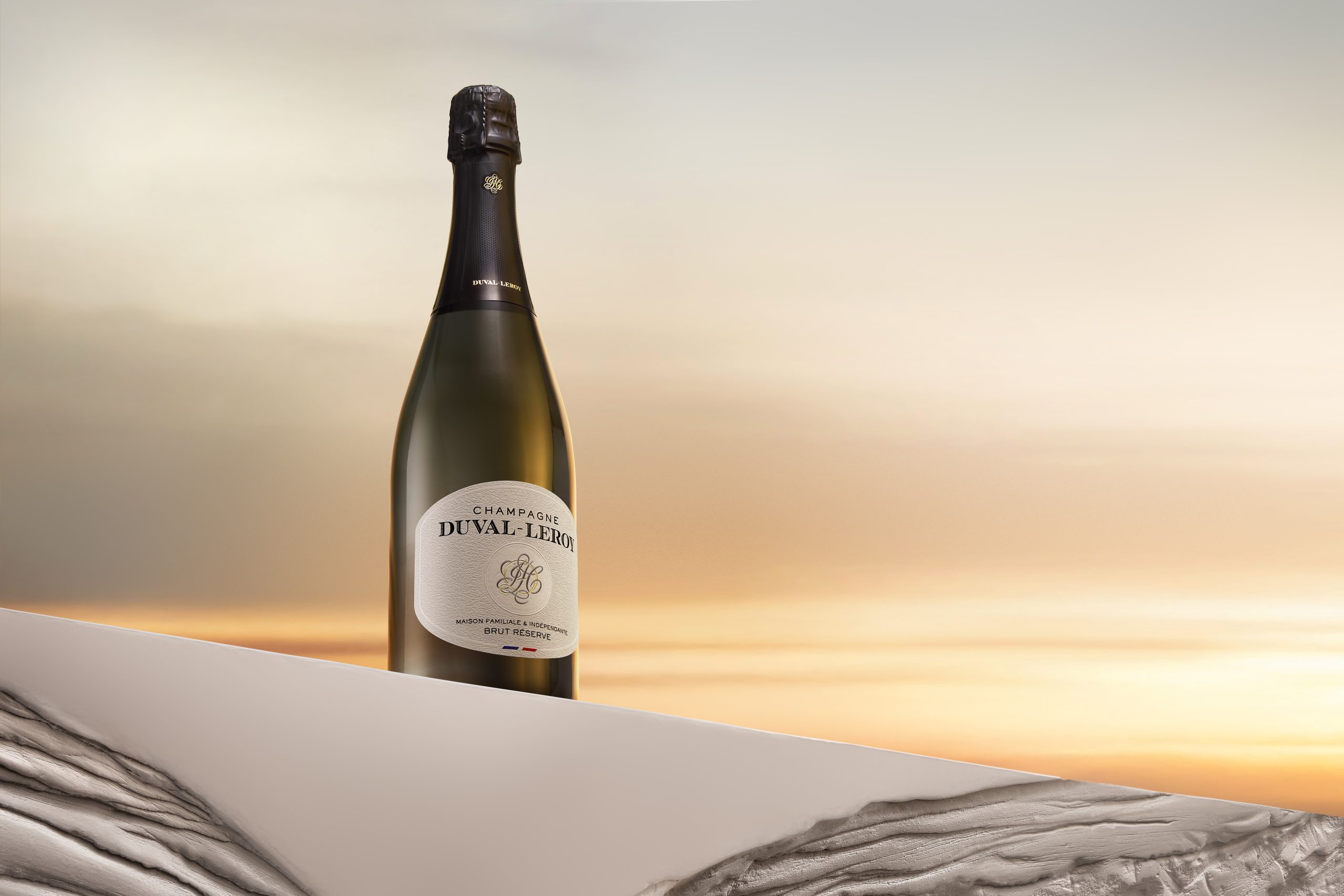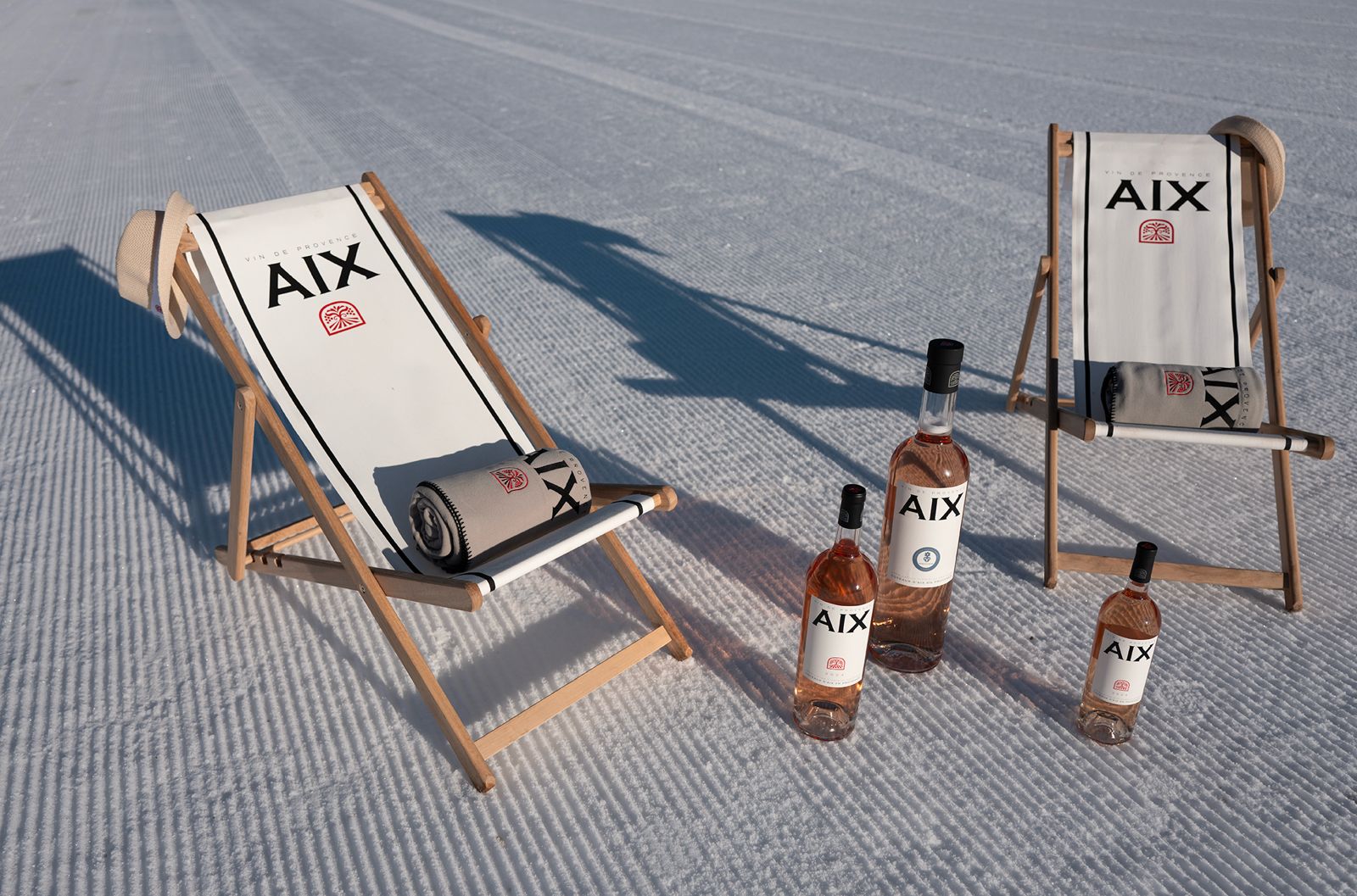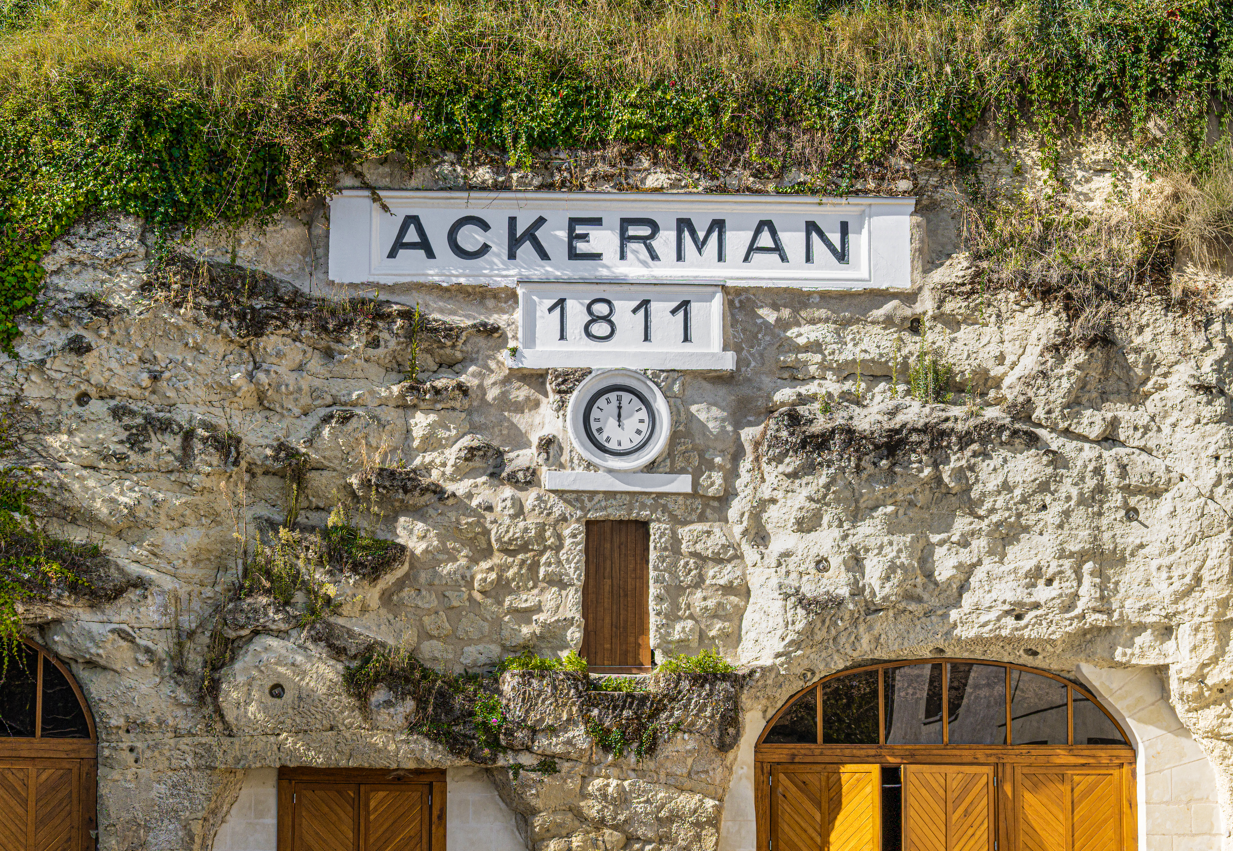Leave fire management to farmers, says Aussie wine boss
Taking action against wildfire should be left to those who work the land rather than local government officials, the MD of Hunter Valley producer Tyrrell’s, tells db.
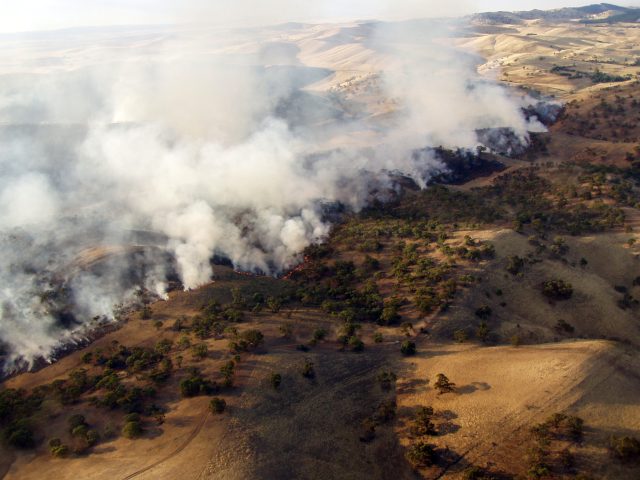
“Governments should leave forestry and fire management to farmers because they are the ones who really understand it,” Bruce Tyrrell, managing director of one of Australia’s oldest wine producers, told the drinks business.
If anyone should know, it’s Bruce. In 2020, Tyrrell’s had to scrap 80% of its grapes following a bushfire triggered by a period of prolonged drought in the region.
Tyrrell said at the time that making the decision to ditch the grapes had been “a wrench”, but with the producer’s prestige vineyards worst hit and extensive testing revealing that smoke taint would have damaged the quality of wines and therefore the “reputation of the brand”, it was a necessary step.
Following the loss of his 2020 crop, Tyrrell began paying close attention to how local government chose to handle bushfires.
The process of controlled strip burning, where a fire is set intentionally during cooler months to reduce the risk of serious, hotter fires in summer, has until fairly recently been banned in the Hunter Valley, a stance Tyrrell sees as being practically criminal.
Strip burning has a long history in wildland management and is practiced by agricultural workers in countries all over the world where temperatures climb to scorching.
“They say you can’t burn here because there’s a risk of a fire spreading,” Tyrrell says.
“There’s a mountain behind me that hasn’t been burned for 20 years, which is crazy. There’s a belief that things don’t grow but I’ve got about 2,000 new trees on the property that came up on their own following a previous fire in 2000, which just goes to show what happens if you leave things to nature. It’s better. If you follow a load of modern thinking then those things aren’t going to happen.”
Partner Content
Controlled burning has been found to stimulate the germination of some forest trees, and uncover minerals which can boost soil vitality.
Progress may, however, be underway, as in 2021 the NSW Rural Fire Service carried out hazard reduction burns across the Hunter in preparation for the region’s Bush Fire Danger Period.
“Hazard reduction is a vital element in helping reduce the intensity of bush fires,” said RFS Inspector Dave Millsteed.
“These controlled burns will help protect properties and assets in the Lower Hunter area and also assist firefighters to control any future bush fires.”
Now, with the ever-present threat of climate change, Tyrrell says that nature is “coming to bite us in the bum.” Unsurprisingly, he is especially wary about another serious incident of smoke taint.
“Often with smoke taint, you don’t see it for three years or so,” he says. “I remember we sold a load of our 1969s to James Halliday and the taint developed in bottle. He wouldn’t write anything about us for years! We hadn’t had a fire within 15km of us at the time but we still got smoke taint. At least we know now what we can do to negate the problem.We know how to test for it before it shows up.”
Tyrrell’s is one of Australia’s leading wine companies, and having been making wine since 1864, is one of Australia’s First Families of Wine. Tyrrell’s is also a member of Sustainable Winegrowing Australia.
Its Vat 1 Semillon is Australia’s most awarded white wine.
Related news
Zamora Company to distribute Bottega sparkling wines in Spain
Cabernet Franc on track to become the official grape variety of New York State

